Our Roots
In 1975, grassroots media activists Peter Chow, Danny Yung, Thomas Tam, and Christine Choy founded ACV under the name CCTV (Chinese Cable TV) in a loft then occupied by Tsui Hark in New York’s Chinatown. At a time when diverse cultural groups were claiming their voices and places in a predominantly white landscape, ACV’s founders saw the need to bring greater sociocultural awareness to the experiences and history of Asian Americans. Moving-image media had become the nation’s common language, its most pervasive source of imagery and ideas, and Asian Americans were barely registered on its screens. ACV’s founders wanted to address the problems Asian Americans faced in representation in the media and access to the means of media production and distribution.
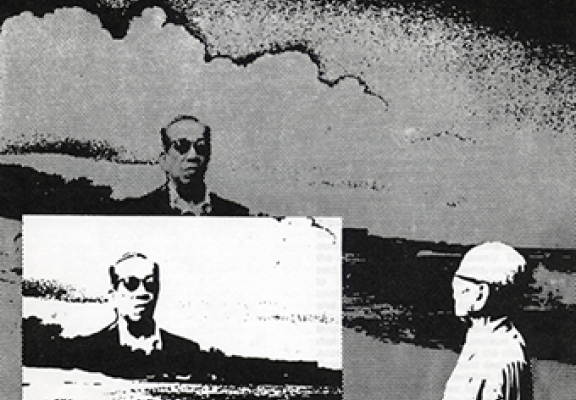
Asian American Identity
ACV’s initial purpose was to produce Chinese language television programs, but a few years later—reflecting the growth of a collective Asian American identity and expanded needs for an Asian American media organization—the new mission became to produce and to exhibit films and video programs about the experience and culture of Asian and Asian American communities and to provide consultation and technical assistance for artists, cultural and media organizations.
First 25 Years
During its first 25 years, ACV grew by initiating its own programs and seizing opportunities to preserve projects formerly carried out by other groups (such as assuming the publication of Bridge Magazine in 1981).
The Asian American International Film Festival (AAIFF)
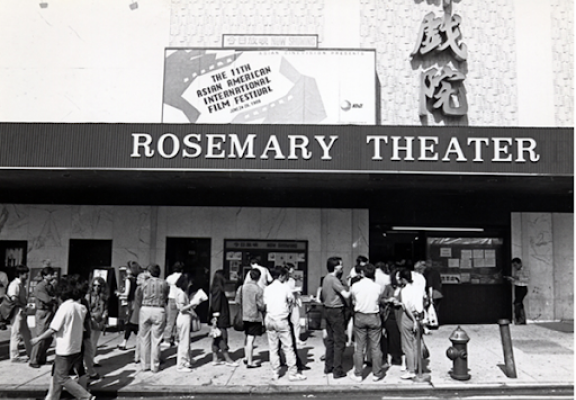
In 1978, ACV organized the first Asian American film festival in the U.S., a three-day program of 46 films and videos at the Henry Street Settlement on New York’s Lower Eastside. Later screening venues included New York University, Rosemary Theatre, The French Institute, Asia Society, Chelsea Clearview Cinema, School of Visual Arts, Quad Cinema, Museum of Chinese in America, IFC Center, CUNY Graduate Center, Maysles Documentary Center, Made In New York Media Center, and Village East Cinema.
The Asian American International Film Festival (AAIFF) has presented the U.S. premieres of acclaimed film directors including Wayne Wang, Mira Nair, Marilou Diaz-Abaya, and Ang Lee.
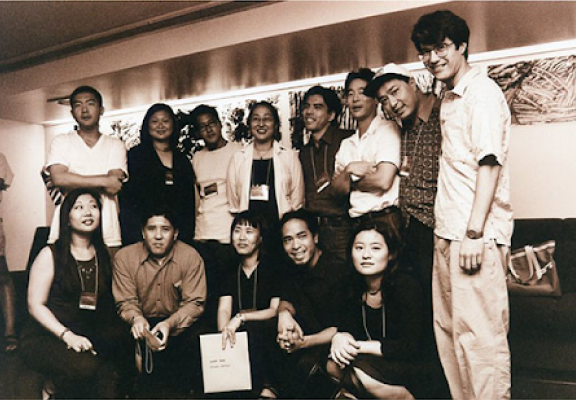
Over the years, ACV’s curatorial vision was shaped by its programmers including Daryl Chin, Lawrence Chua, Somi Roi, Rajendra Roy, Norman Wang, Casey Lum, Marlina Gonzales, Minnie Hong, Vivian Huang, Roger Garcia, Diana Chiawen Lee, William Phuan, Martha Tien, Lesley Yiping Qin, Haisong Li, Molly Yuen Wang, and Wynton Wong.
AAIFF has screened films from over 40 countries including: Canada, China, Hong Kong, India, Japan, South Korea, Malaysia, Singapore, Taiwan, the Philippines, Norway, Australia, New Zealand, Iran, Mongolia, Kazakhstan, Germany, the UK, Tibet, Sri Lanka, Afghanistan, Vietnam, Thailand, Cambodia, Cuba, Indonesia, and Bhutan.
AAIFF has multiple award categories including Emerging Director Award, Excellence in Short Filmmaking Award, and Asian American International Screenplay Competition. View all categories and details here
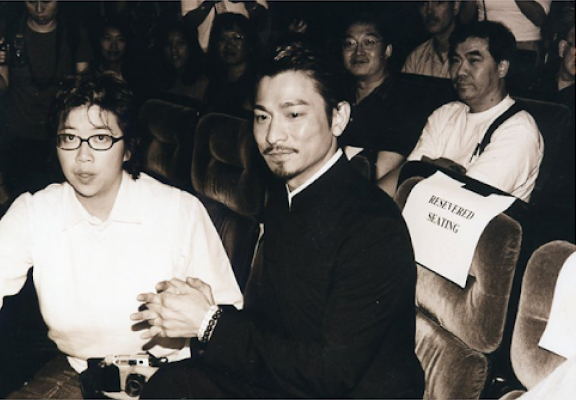
Since 1987, ACV has awarded the Asian American Media Award to Asian Americans who have contributed significantly to Asian American media. Some past recipients include Christine Choy (1989), James Yee (1990), Steven Okazaki (1991), Mira Nair (1992), Ang Lee (1993), Janet Yang (2016), and Justin Chon (2017), Maggie Cheung (2005), Jet Li (2007), and Kara Wai (2016). Click here to see all recipients.
The annual National Festival Tour launched in 1982 and was the catalyst for many Asian American festivals, including those in Chicago, Los Angeles, San Francisco, Toronto, Vancouver, Philadelphia, Boston, and Washington, D.C.. ACV has also opened cross-cultural exchange and introduced many audiences to works from Asia and the Asian Diaspora.
At the peak of its funding and program activity, in addition to the annual AAIFF and the National Festival Tour, year-round activities included Videoscape, Children’s Film Festival, and other exhibitions in film and video, as well as media-production services for independent artists and producers in New York, publications like the online media arts journal CineVue, and a range of training workshops.



ACV Today
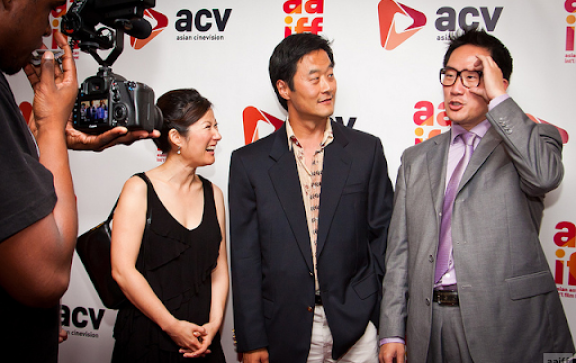
ACVʼs marquee program, the Asian American International Film Festival (AAIFF), will mark its 44th year in 2021. AAIFFʼs primary goal is to exhibit the most current achievements in Asian and Asian American independent media-making to broad audiences—some 100 short and feature films each year. AAIFF seeks to create an environment where artists, scholars, and cultural enthusiasts can meet and explore how to push creative bounds. Finally, AAIFF presents works by media makers from various ethnic backgrounds in order to promote an understanding that there is multiplicity in Asian and Asian American experiences. Behind the food are historical and human stories.

Year-Round ACV Initiatives

National Festival Tour
The National Festival Tour showcases throughout the year select feature and short films that were presented at the previous summer’s AAIFF. The Tour offers rentals of more than 50 films, including full-length features and shorts programs, to schools, libraries, cinema societies, and corporations. Recent National Festival Tour sites include Cal Poly San Luis Obispo, Brown University, Northern Colorado State University and Boston Museum of Fine Arts, Wesleyan University Bank of America, The New York Times, CBS, MTV Networks, Google, JetBlue, and Snap.



Fiscal Sponsorships
ACV acts as fiscal agent for film and media projects for individual artists. Completed project sponsorships include WINGS OF DEFEAT (AAIFF07 Audience Choice Award, Documentary), a feature documentary directed by Risa Morimoto and THE QUIET BUILDERS directed by Koji Hayasaki. Other projects include HAFU, an examination of mixed race Japanese in Tokyo directed by Megumi Nishikura (AAIFF10 Audience Choice Award, Documentary), SOMEONE I USED TO KNOW directed by Nadine Truong, HIDDEN HISTORIES/THE ORANGE STORY, an interactive web based transmedia project presenting narrative based storytelling of the Japanese American Interment experience inviting users to contribute their own stories, YELLOW ROSE (2019) written and directed by Diane Partagas, and LINGUA FRANCA (2019) directed by Isabel Sandoval.

ACV Media Archive
The ACV Media Archive was a collaborative effort with NYUʼs Asian Pacific American Studies Institute and Tamiment Library to catalog, digitize, and make publicly accessible ACVʼs 40-year exhibition, publication, and organizational history. This includes all films exhibited at AAIFF over 40 years, film and arts writing from Bridge Magazine and CineVue, and the ACV-produced Chinese Cable TV raw video footage from the early 1970s.

